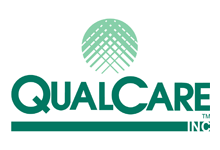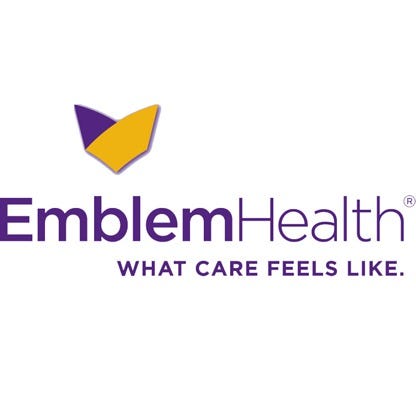Your Trusted Partner for Lumbar Decompression and Fusion Spine Surgery in New Jersey
After the age of 40, degenerative disc disease becomes a common spinal problem among adults – and it is just one of the prevalent conditions treated by Lumbar Decompression and Fusion.
Uprite Medical has a success rate of 95% to 98% for this procedure, with our specialized treatment options, we’re committed to ensuring your journey towards a pain-free life.
Tailored Spine Solutions, Flexible Insurance Options
Our commitment is to your spine health, independent of insurance or medicare influence. We team up with insurance providers, making top-grade spine care both accessible and personal.











Uprite Medical’s Expertise in Lumbar Decompression and Fusion Surgical Procedure

Over the years, Uprite Medical has successfully performed a range of spine surgeries, specializing particularly in Lumbar Decompression and Fusion procedures.
Under the care of Dr. Tawfik as your spine surgeon specialist, you can entrust your spine health to a doctor with a proven track record of excellence, innovation, and patient-centered care.
Board-Certified
Focus on non-invasive treatments
Elite Training
Honed skills at the renowned Swedish Neuroscience Institute
Global Recognition
Published research used by neurosurgeons worldwide
Holistic Care
Expertise in a wide range of spinal conditions

How It’s Done
Lumbar Decompression and Fusion is done by accessing the spine through an incision in the lower back. The procedure involves removing portions of bone, tissue, or discs that are compressing the spinal nerves or causing instability.
Fusion is then performed, where bone grafts or implants are inserted to promote the joint of adjacent vertebrae, stabilizing the spine and relieving pressure on the nerves.
Years of Experience
15+ Years
Success Rate
95% - 98%
based off 2023 cases that have good satisfaction ratings
Recovery Time
4 Weeks to
6 Weeks
Choose Uprite Medical for Your Specialized Spine Care
Uprite sets the bar with Dr. Tawfik’s neurosurgical skills, offering precise spine treatments. In addition, our concierge approach provides tailored care, emphasizing patient comfort and individual attention.
My family will forever be thankful for his professional and caring approach.
My husband and my entire family would agree he is an excellent neurosurgeon, and would highly recommend him.
Yasmine was just great with getting everything set up so I had little to no per-surgery stress. I can't recommend them strongly enough.
Post-Op Recovery Guide After
Lumbar Decompression and Fusion
Every patient’s recovery journey is unique but you also have to be proactive with your post-op activities in order to facilitate a swift recovery after your Cervical ACDF surgery.
Physical Restriction

Avoid strenuous activities, heavy lifting, and bending for several weeks after surgery.
Remain Active

Incorporate walking into your daily activities to promote blood circulation and help speed up your recovery.
Get Lots of Rest

Always listen to your body and rest when you feel too tired. Adequate rest is essential for the healing process.
Physical Therapy

Your healthcare provider may recommend physical therapy to help improve strength and flexibility in your back muscles.
Conditions That Can Be Treated by
Lumbar Decompression and Fusion Surgery
Frequently Asked Questions
What is the recovery time for lumbar decompression and fusion surgery?
Recovery time varies but may range from 4-6 weeks to several months. Full recovery can take up to a year.
What are the post-surgery risks?
Post-surgery risks include infection, bleeding, nerve damage, blood clots, spinal fluid leaks, and hardware failure. Patients should follow the surgeon’s instructions closely to minimize risks and watch for any complications.
How serious is spinal decompression surgery?
Spinal decompression is considered a serious procedure due to its invasive nature and potential risks.
Can you live a normal life after lumbar fusion?
Yes, many individuals can live a relatively normal life after lumbar fusion surgery. While recovery time and activity levels may vary, patients often experience improved mobility, reduced pain, and enhanced quality of life following successful surgery and rehabilitation.
Take Charge of Your Spine Health



